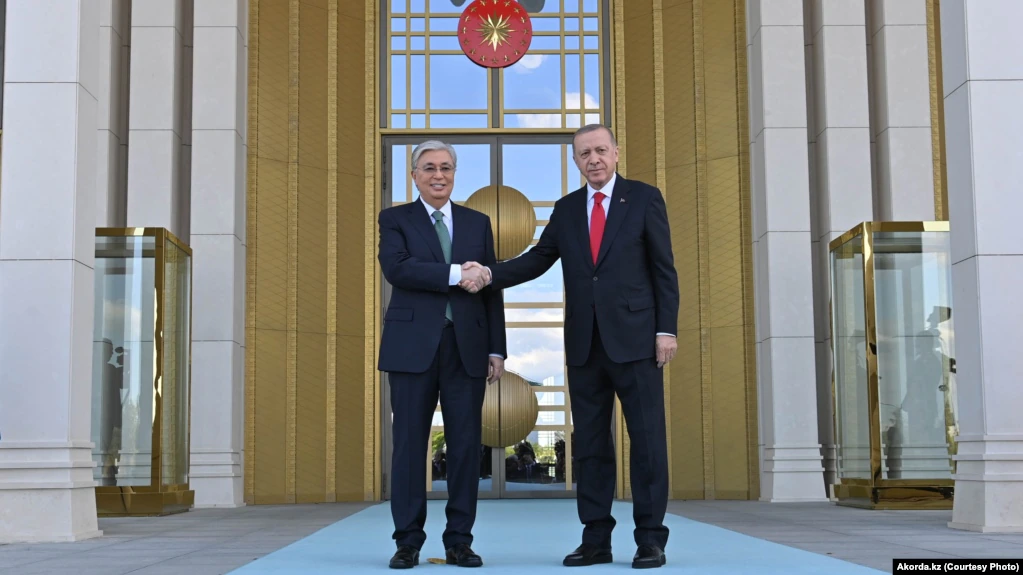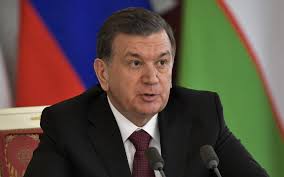 A representative of the ruling Liberal Democratic Party of Uzbekistan, Olimjon Tukhtanazarov, delivered such an idea, the Belarusian partisan reported with reference to Ferghana Information Agency.
A representative of the ruling Liberal Democratic Party of Uzbekistan, Olimjon Tukhtanazarov, delivered such an idea, the Belarusian partisan reported with reference to Ferghana Information Agency.
 Kazakhstan's Human Rights Ombudsperson called in April for the parliamentary Working Group considering the wide-ranging amendments to the Religion Law and other laws to be sent for an OSCE legal review.
Kazakhstan's Human Rights Ombudsperson called in April for the parliamentary Working Group considering the wide-ranging amendments to the Religion Law and other laws to be sent for an OSCE legal review.


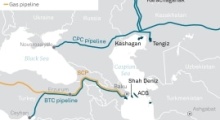


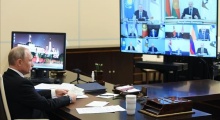


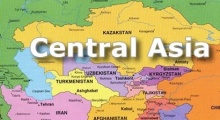


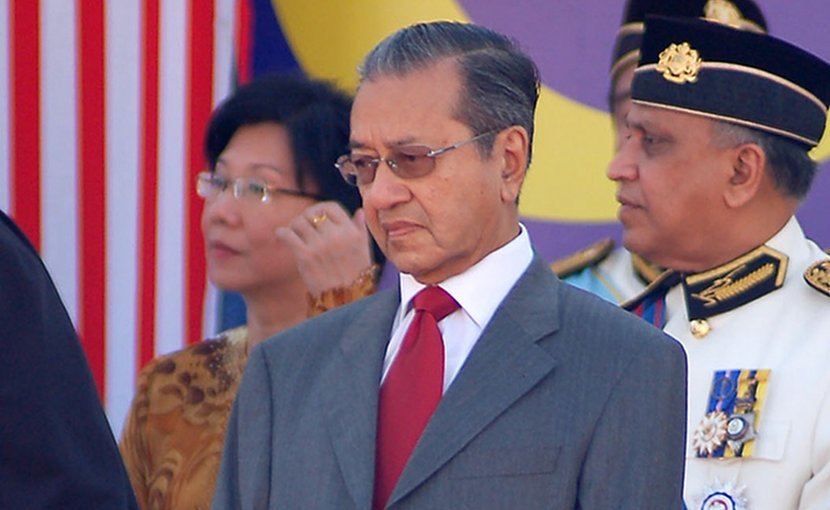
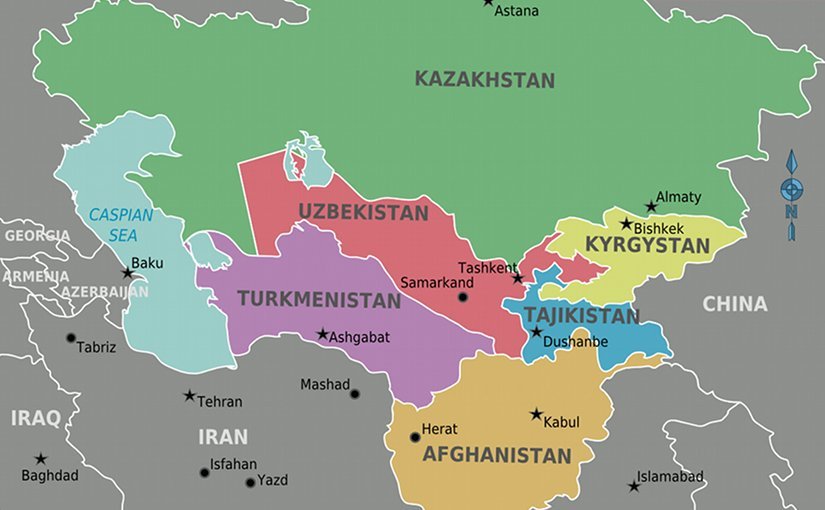 Two post-Soviet Caspian Sea sub-regions – Central Asia and the South Caucasus – have experienced different conflict scenarios.
Two post-Soviet Caspian Sea sub-regions – Central Asia and the South Caucasus – have experienced different conflict scenarios.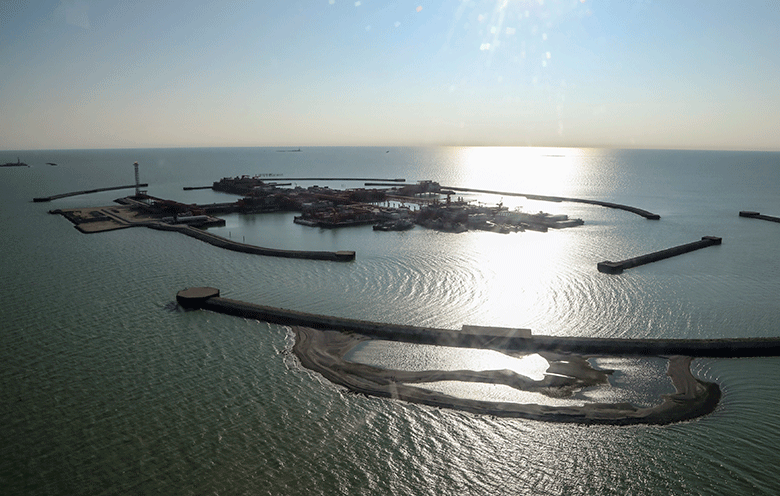 Political uncertainty and over-reliance on external borrowing make the country more vulnerable than lower-rated sovereigns.
Political uncertainty and over-reliance on external borrowing make the country more vulnerable than lower-rated sovereigns.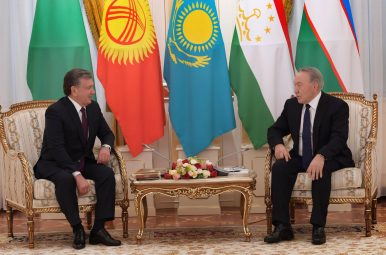 If Astana and Tashkent can tackle long-term obstacles to growth, there’s great potential in the region.
If Astana and Tashkent can tackle long-term obstacles to growth, there’s great potential in the region.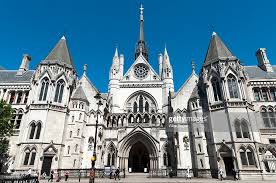 Kazakhstan’s government is asking an appeals court to throw out a decision that allowed BNY Mellon to freeze about $22 billion of assets in the country’s oil fund as part of a dispute over an unpaid arbitration award.
Kazakhstan’s government is asking an appeals court to throw out a decision that allowed BNY Mellon to freeze about $22 billion of assets in the country’s oil fund as part of a dispute over an unpaid arbitration award.


